In a series of controversial events, nepotism allegations continue to cloud AIIMS Gorakhpur. Earlier this year, former director Dr. Surekha Kishor faced accusations of appointing her two sons to junior resident doctor positions. These accusations led to her removal from the post in January. Now, similar charges have surfaced against the acting director, Dr. G.K. Pal, who is also the director of AIIMS Patna.
Dr. G.K. Pal, acting director of AIIMS Gorakhpur, is currently under scrutiny for facilitating his son, Dr. Aurav Prakash Pal’s admission into the Microbiology Department's PG course as a junior resident under the OBC quota. The controversy stems from allegations that Dr. Aurav Prakash Pal secured his admission by misrepresenting his family’s income to obtain an OBC certificate, thus circumventing the criteria for eligibility.
According to reports, while the family’s annual income is estimated to be around ₹90 lakh, Dr. Aurav’s income declaration indicated earnings of less than ₹8 lakh, qualifying him for the OBC non-creamy layer category. This revelation has triggered widespread outrage within medical circles and has led to accusations of unethical behavior within the AIIMS administration.
Amid the growing backlash, Dr. G.K. Pal promptly canceled his son’s admission just two days after it was granted. He claimed that his son had no genuine interest in pursuing the Microbiology course. However, this rapid reversal has raised more questions than it answered. Many are questioning why the admission was canceled only after the controversy erupted and why such a decision was made in such a hurried manner.
The timing of the cancellation has fueled speculations about the true motives behind the admission and the swift decision to withdraw. Observers have pointed out that if the admission process was above board, why would it be revoked so hastily?
This controversy is not the first time AIIMS Gorakhpur has been embroiled in nepotism allegations. Earlier, the institution’s first director, Dr. Surekha Kishor, was accused of appointing her two sons to junior resident positions without adhering to proper procedures. Further allegations suggested that her sons received salaries without fulfilling their duties. These allegations resulted in her dismissal in January, leading to Dr. G.K. Pal taking over as acting director.
The latest incident has sparked widespread public outrage, with the issue now reaching the office of Union Health Minister JP Nadda. Social media has been buzzing with reactions and criticism about the misuse of quotas and unethical admissions practices at one of India’s premier medical institutions. This has reignited the debate over transparency and fairness in India’s medical education system, particularly within institutions of such high standing as AIIMS.
The controversy surrounding AIIMS Gorakhpur has raised significant concerns about the ethical responsibilities of senior officials at the institution. While the admission has been canceled, the damage to the institution's reputation is already done. The larger question now being asked is whether such incidents point to deeper systemic issues within medical education and administration in India.
Many have also raised concerns about how such incidents undermine the trust placed in public institutions like AIIMS, which are meant to uphold the highest standards of fairness and ethics. The use of the OBC quota by those not eligible has long been a point of contention in the country, and cases like this further exacerbate the problem.
As the issue unfolds, the spotlight remains firmly on AIIMS Gorakhpur and its leadership. The accusations against Dr. G.K. Pal are now under investigation, and many are awaiting further action from the Health Ministry.
For now, the question remains: will this controversy lead to a larger overhaul of transparency and accountability in AIIMS and other public institutions? Or will it be another case swept under the rug after the initial storm passes?
The Pacemakers will continue to follow this developing story closely, as the call for justice and reform within India's medical institutions grows louder.
The allegations of nepotism at AIIMS Gorakhpur have sent shockwaves through the medical community, casting a shadow over one of India's most prestigious medical institutions. With the controversy now reaching the highest levels of government, the outcome of this case could have far-reaching implications for the integrity and governance of medical education in India.
4o
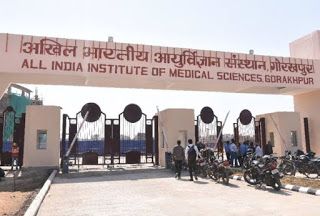

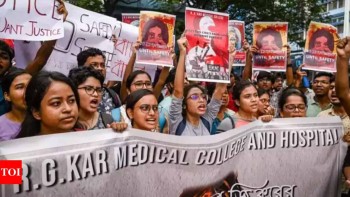
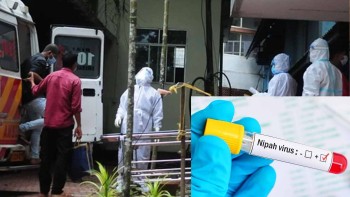
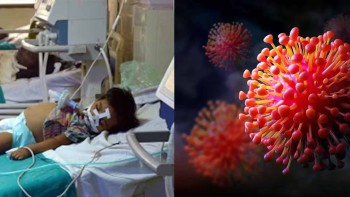
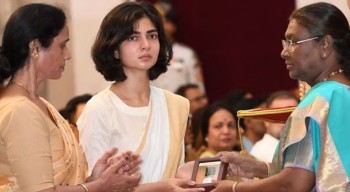
Recent comments
Latest Comments section by users